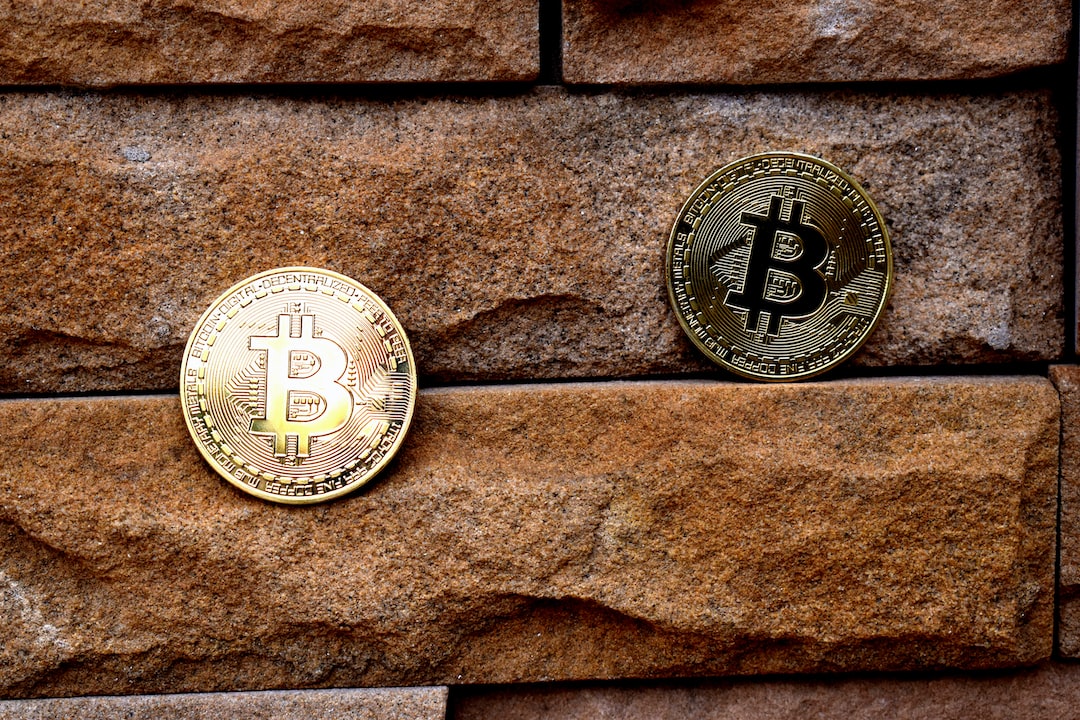The Hackers Responsible for the $8.5 Million Platypus Finance Hack Have Been Cleared of Criminal Charges
A French court has cleared the two men responsible for the $8.5 million hack of Platypus Finance, an Automated Market Maker (AMM) protocol on Avalanche (AVAX), of criminal charges, according to a report in Le Monde.
The Arrest and Charges
The defendants, identified as brothers Mohammed and Benamar M., were arrested just one week after the hack with the help of crypto sleuth ZachXBT and Binance. Mohammed, who is 22 years old, was charged with several counts related to the attack, while his brother was charged with receiving stolen goods. Prosecutors sought a five-year prison sentence for Mohammed.
An “Ethical Hacker” Defense
However, the defendants were acquitted after Mohammed argued that he was an “ethical hacker” who planned to return the funds to the protocol later. He claimed that he hacked the system in order to receive a bonus of 10% of the total sum. Unfortunately for Mohammed, he mistakenly locked away millions of dollars of stolen funds and was only able to recover around $270,000.
The Court’s Ruling
The judges in the tribunal found that Mohammed’s access to a publicly available smart contract meant that charges related to unauthorized access of a computer system did not apply. Additionally, they ruled that Mohammed’s use of Platypus’s “emergency withdrawal” smart contract did not constitute fraud.
Implications and Civil Court Proceedings
The court dropped charges related to money laundering and receiving stolen goods due to the ruling on fraud charges. However, they reminded the brothers that Platypus could still pursue them in civil court. While the criminal charges did not hold up, the court made it clear that this decision was not a “carte blanche.”
Hot Take: A Controversial Ruling with Potential Consequences
The French court’s ruling in the case of the Platypus Finance hack has sparked controversy. While the defendants were cleared of criminal charges, the decision raises questions about the legal boundaries of ethical hacking and the responsibility of hackers for their actions. It also leaves open the possibility of civil proceedings against the defendants. This case serves as a reminder of the complexities surrounding cybersecurity and highlights the need for clearer regulations in the crypto space.





 By
By
 By
By


 By
By
 By
By